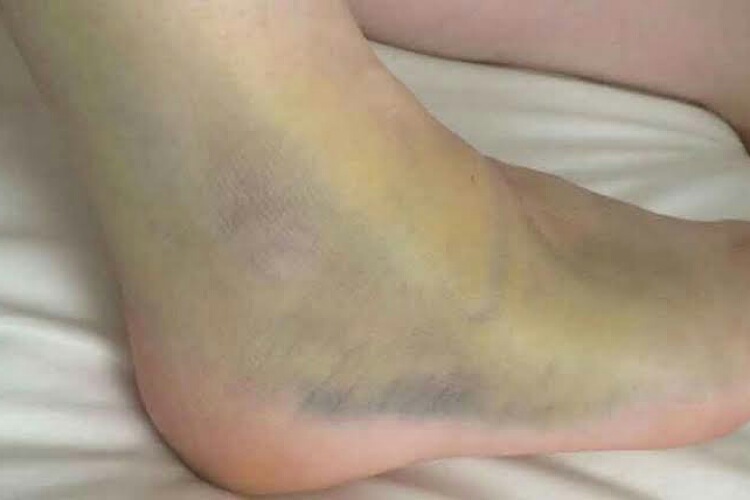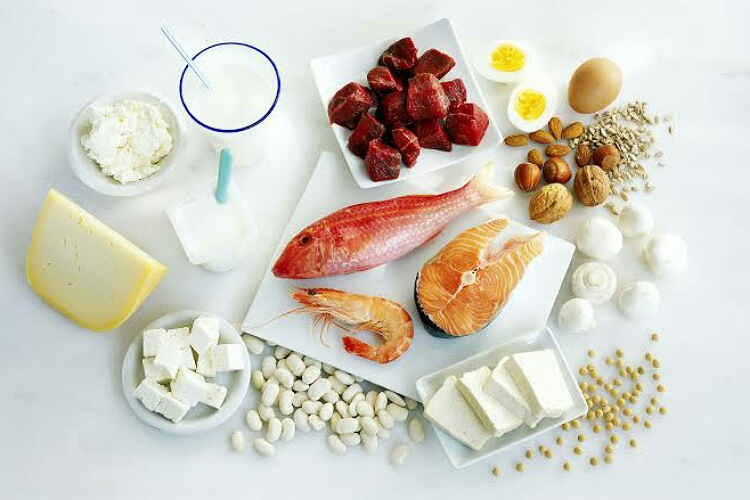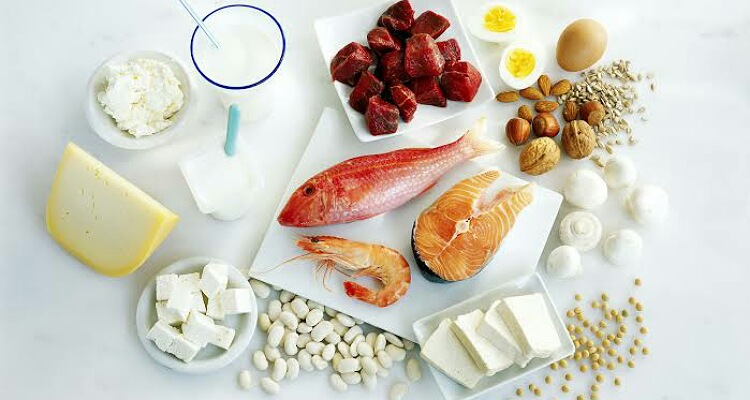Soft tissue injury hurts and takes time to heal. During the recovery phase, diet is important to hasten the healing. TrueSport Expert, dietitian Kristen Ziesmer provides tip for faster healing.
Soft tissue injury
Athletes often suffer from soft tissue injury. In this, there is a rupture, tearing or damage to the muscle, ligament or tendon. This could affect their performance and play. If severe, it could lead to their inability to play or practice during the acute phase. They need medicines to lessen the swelling and inflammation and pain. Moreover, some also require surgery to put back the muscles into action.

There are certain measures including diet that can hasten the healing process. Athletes can thus resume their practice and playing earlier. TrueSport expert, nutritionist Kristen Ziesmer shares some important tips for faster healing. She is a certified specialist in sports dietetics.
Adequate proteins
Torn ligaments, muscles or tendons require proteins to rebuild themselves. Hence, adequate protein intake is a must in such cases. At least 1.6 to 2.5 grams of protein per kg body weight would be best. Proteins are made of amino acids. Of these, leucine is vital in healing process. Kristen explains:
“Leucine is an amino acid that stimulates muscle protein synthesis, which reduces breakdown of muscles and soft tissues,”
“You can find leucine in dairy products like milk and yogurt, or egg whites.”

Soybeans and legumes could be useful for vegans.
Sufficient water
Kristen advises people with soft tissue injury to stay we hydrated. She says:
“Water is going to carry nutrients around to your body, which helps with healing and repairing,”
Less of ultra-processed foods
These foods are inflammatory and can slow the recovery. Moreover, after eating these foods, the appetite is hampered. Hence, the much needed protein intake might fall.
Antioxidants and anti-inflammatory foods
On this, Kristen says:
“Colorful fruits and vegetables tend to have high antioxidant content, and these are going to help reduce the oxidative stress on the body that happens as your athlete tries to heal from an injury,”
“Berries are a really good option, such as strawberries, blueberries, and blackberries. Dark leafy greens, nuts, seeds, avocados, broccoli, peppers, tomatoes, carrots, and sweet potatoes are all rich in antioxidants and key vitamins as well.”
Sunlight

Sunshine helps vitamin D production. Moreover, it elevates the mood of the patient. Both help in early recovery. Kristen says:
“Being outside for 30 minutes between 10 a.m. and 2 p.m. is optimal for absorbing enough vitamin D,”
“Vitamin D is important for recovery as well as performance. If you’re deficient in vitamin D, you’re hindering the recovery process.”
Specific food components
Foods rich in vitamin C, collagen, omega 3 fatty acids and nitric oxide aid early recovery. Kristen exemplifies:
“Salmon and sardines are the best options for whole food-based omega-3 fatty acids, and beetroot juice and tart cherry juice are great sources of nitric acid,”
“Bone broth with an orange is a perfect way to get collagen as well as vitamin C—and it’s best when your athlete has these two compounds together.”
Also, read Nutrition needs of female athletes need individual attention and awareness!
Increase fruits and vegetables
It is preferable to lessen carbs and increase intake of vegetables and fruits st this time.
